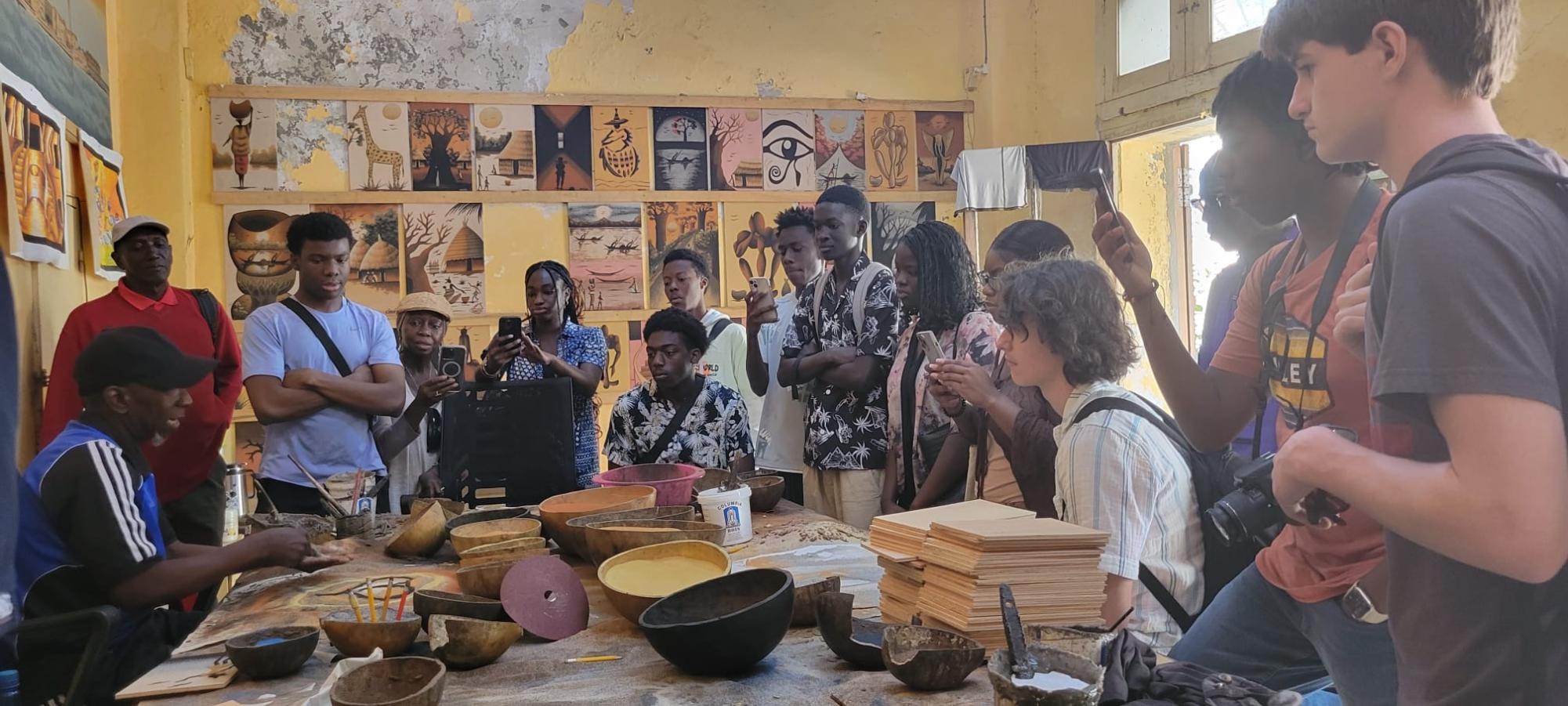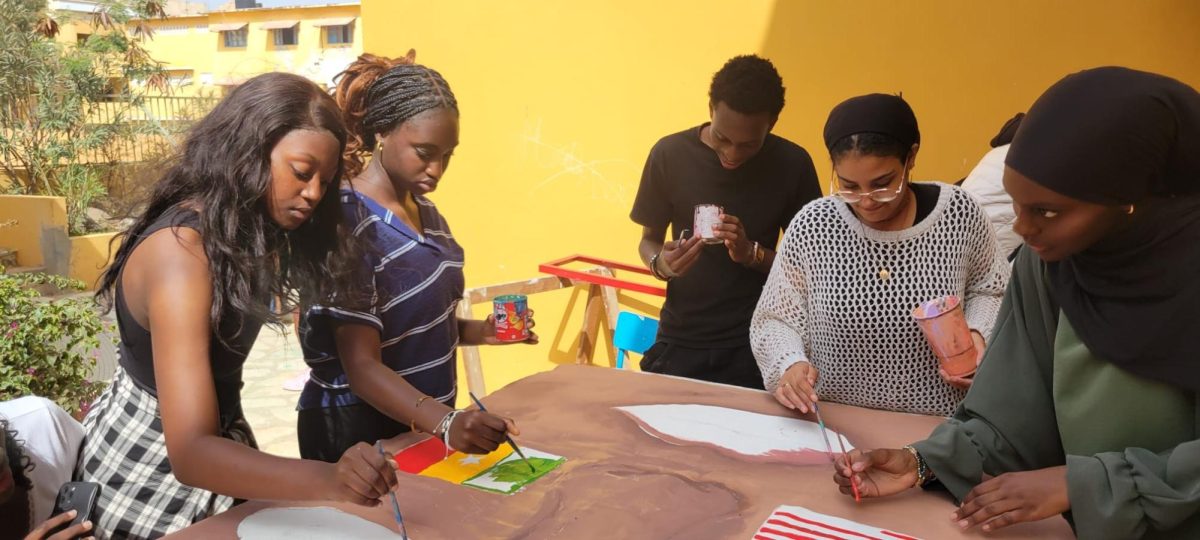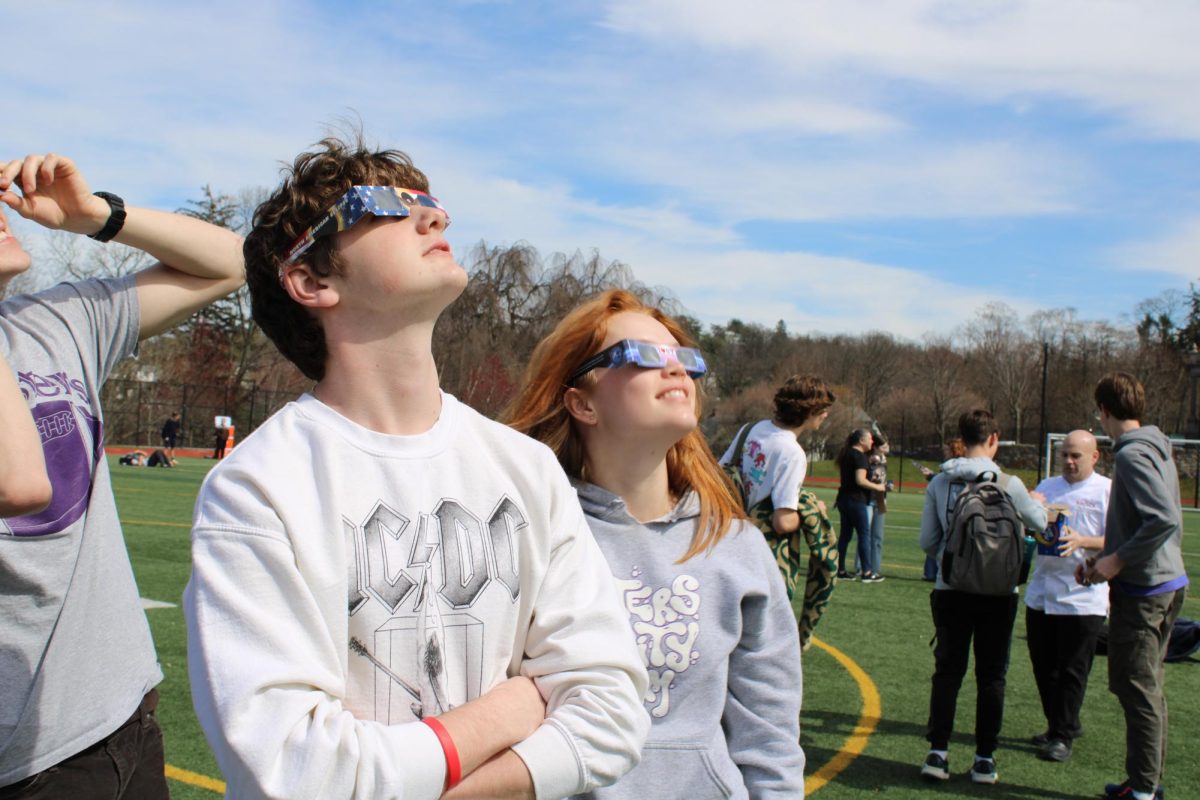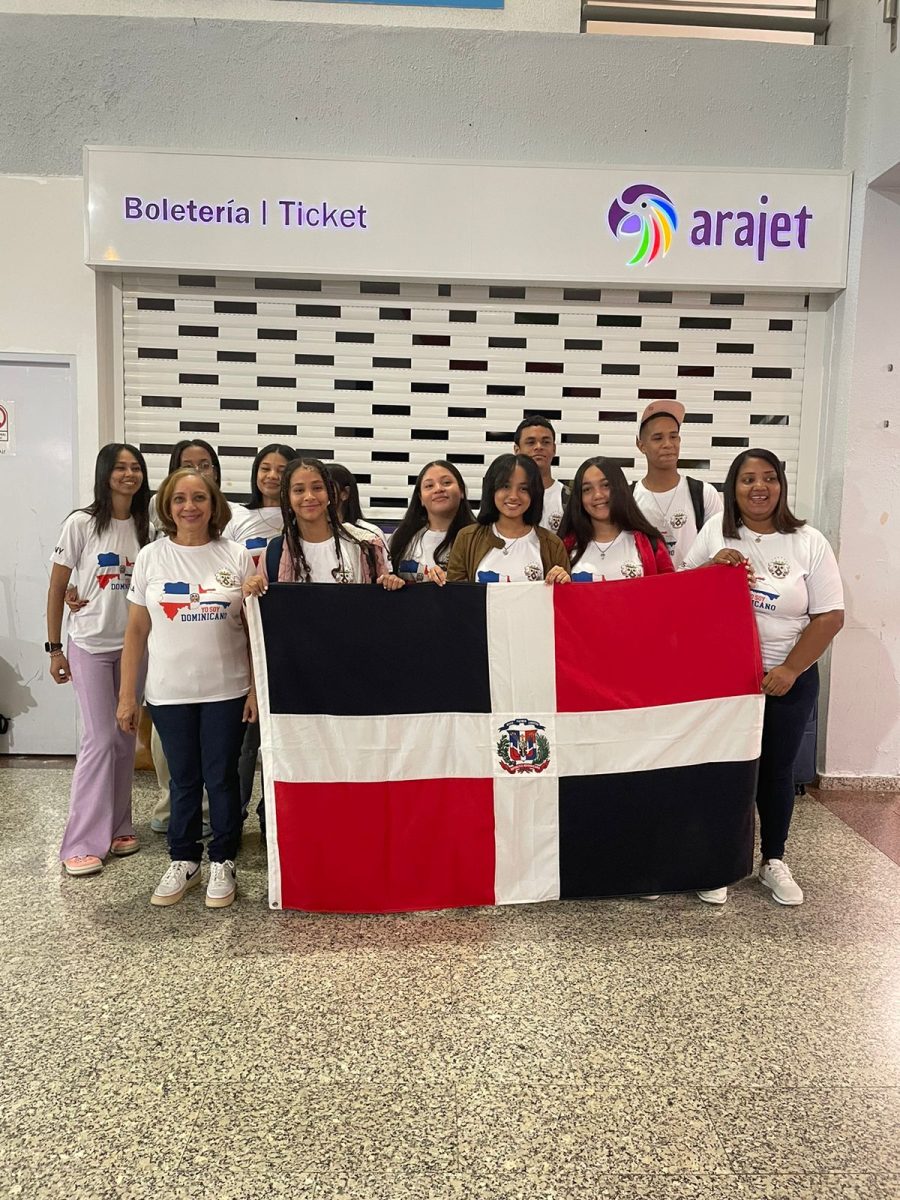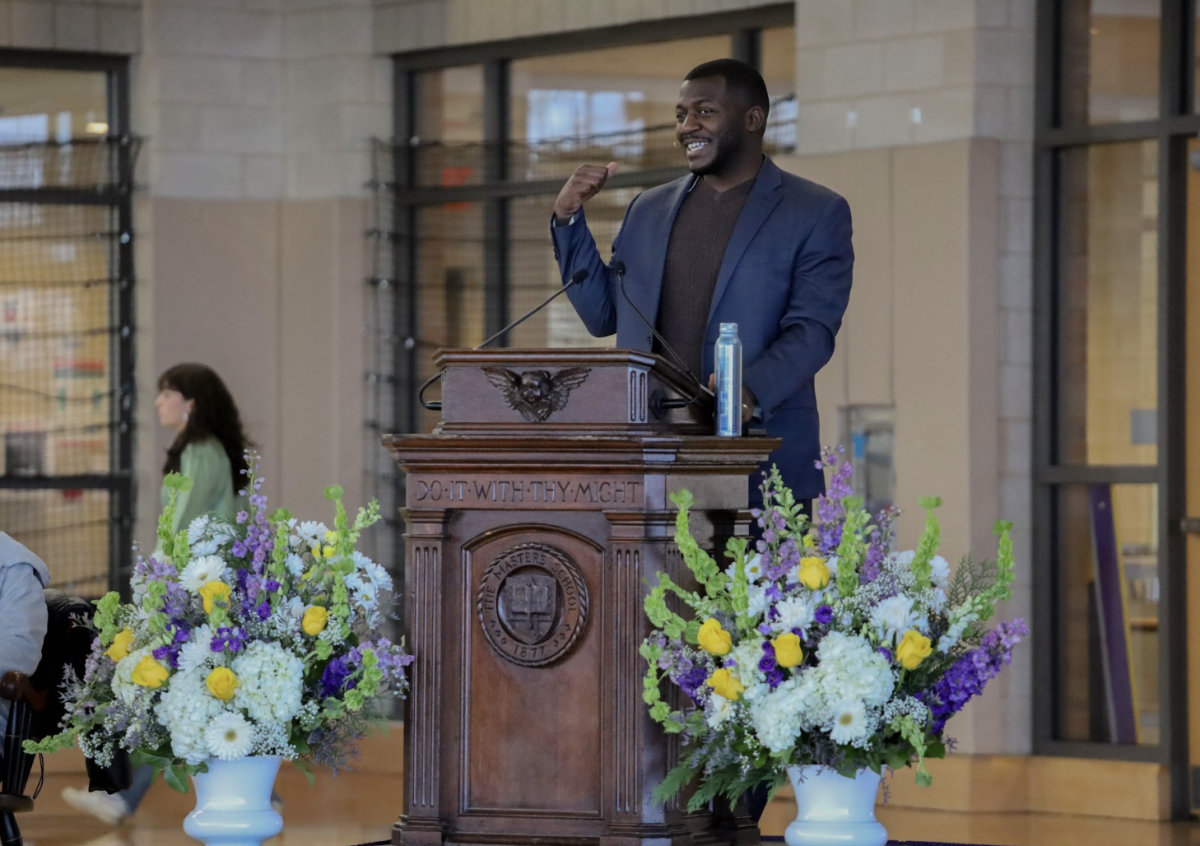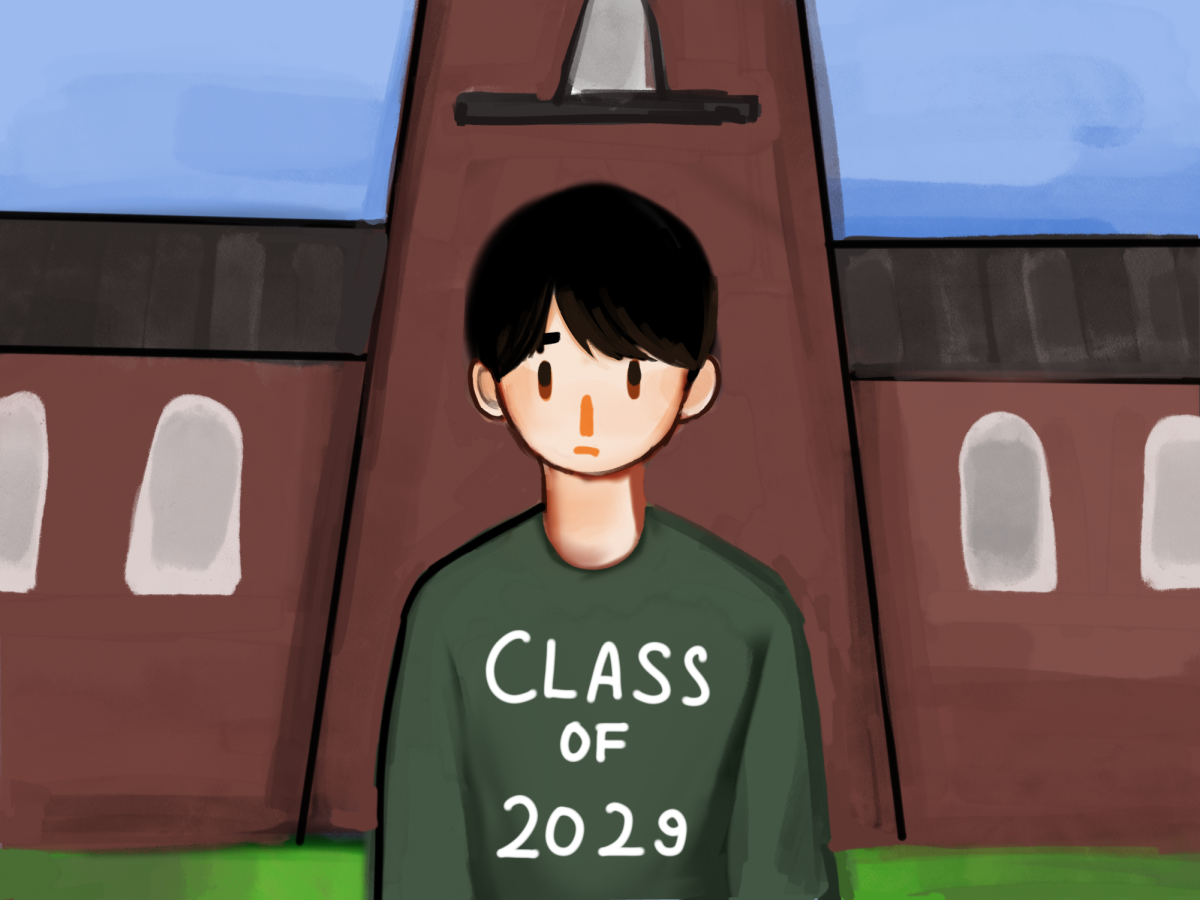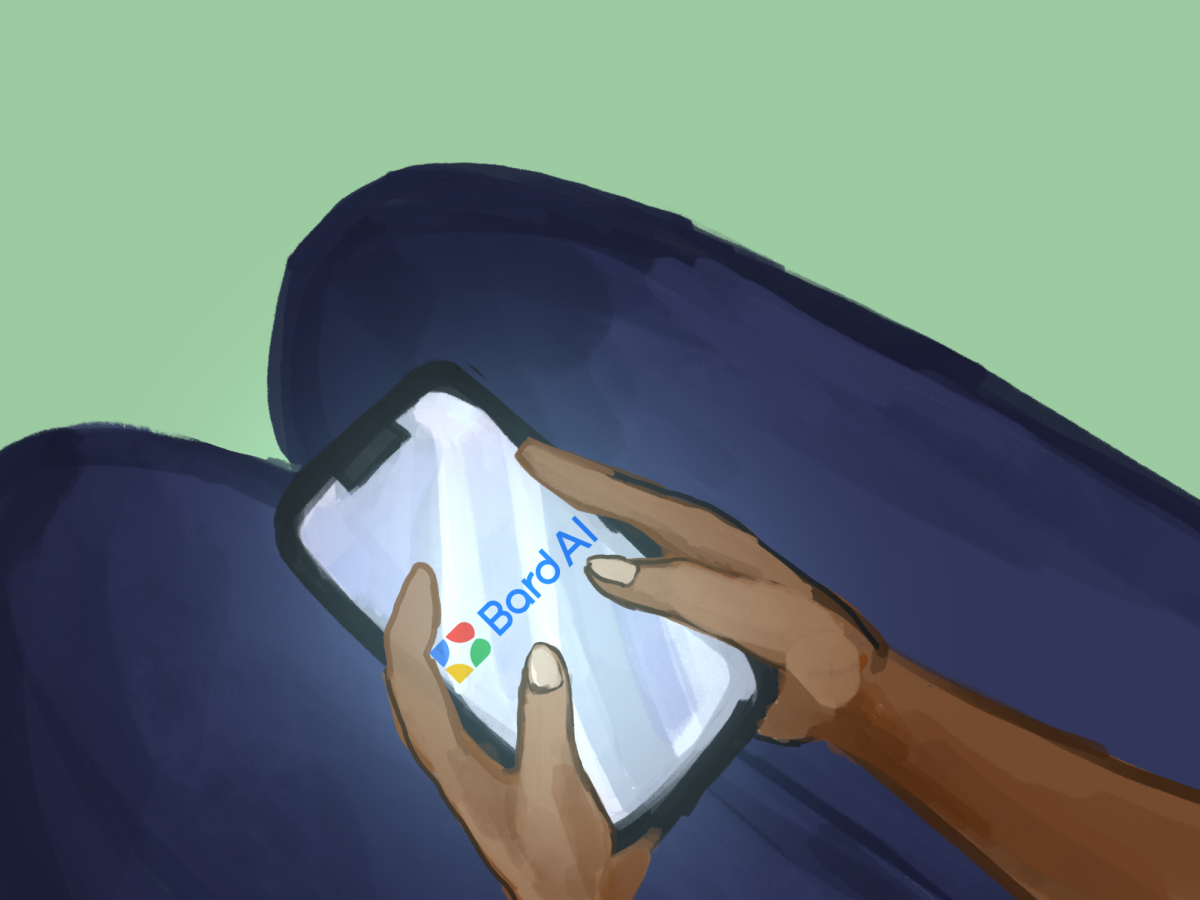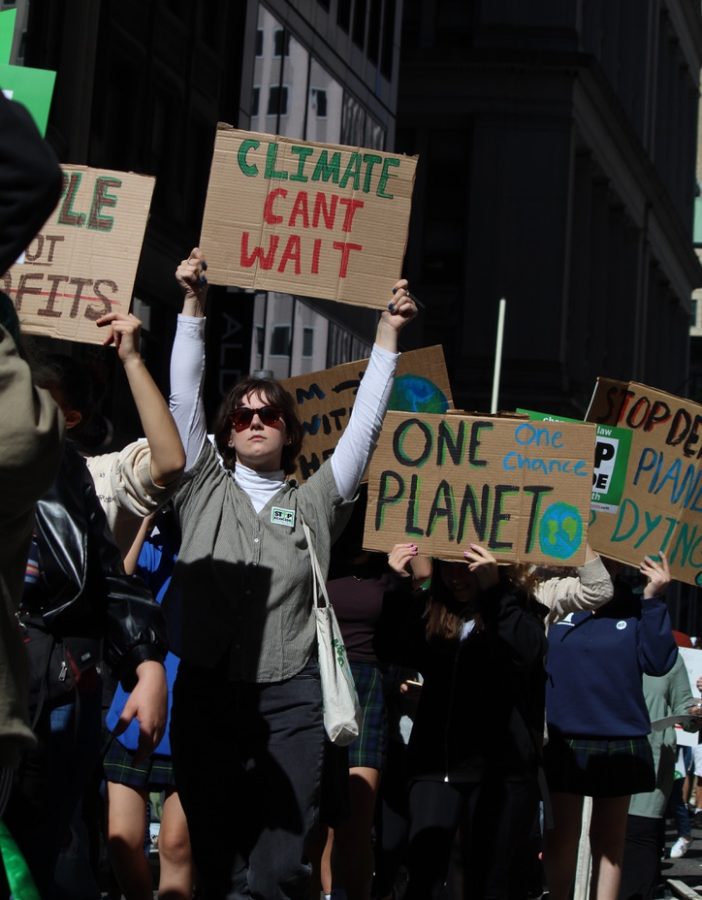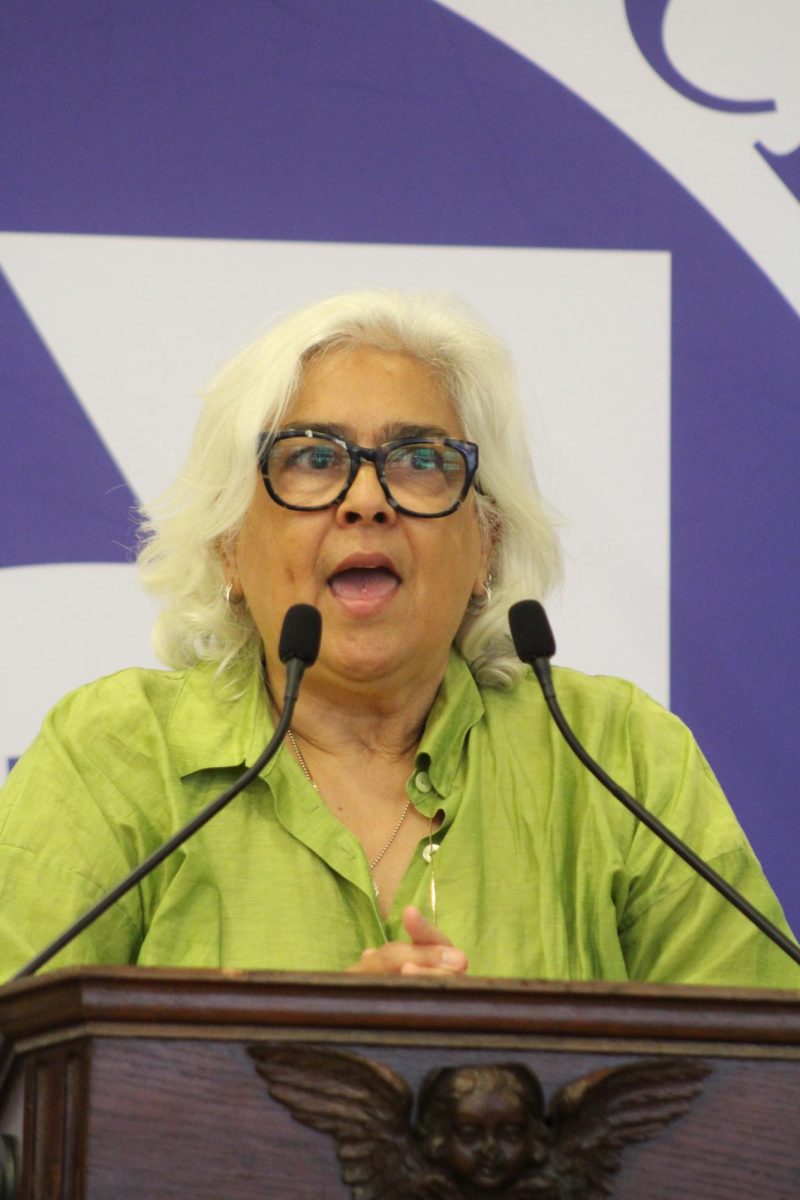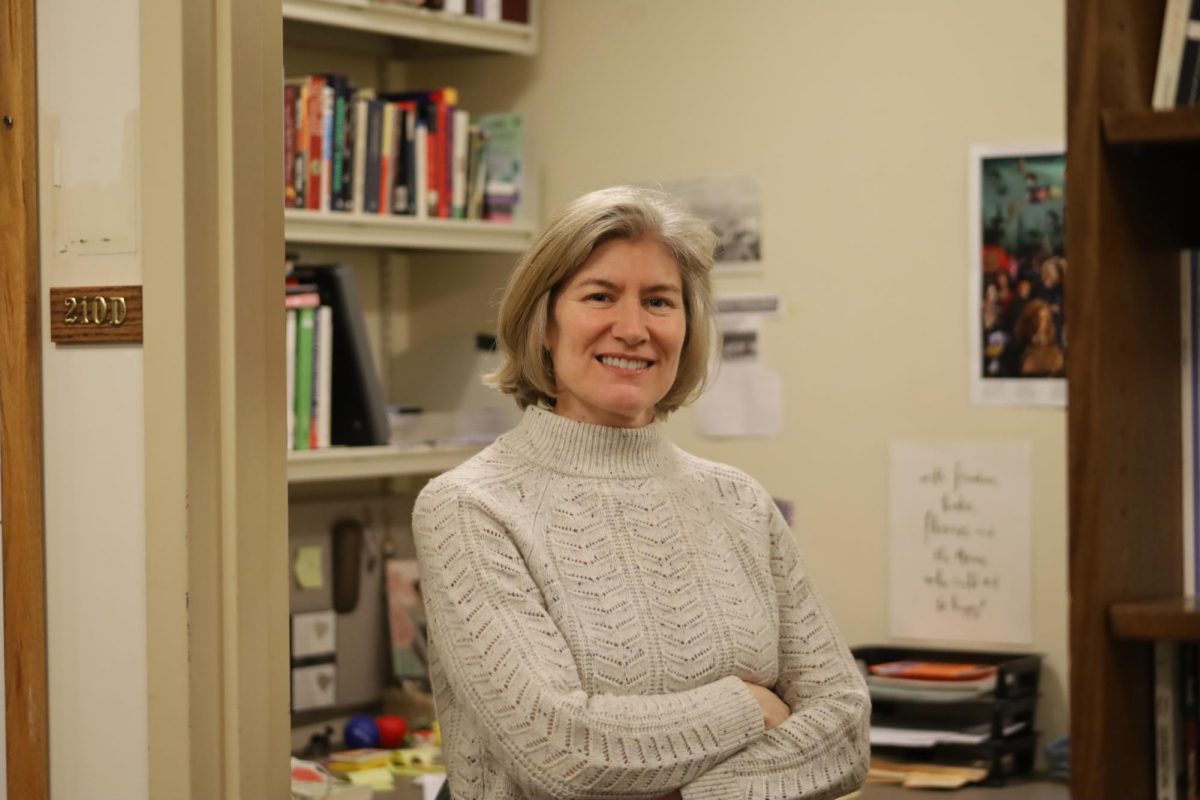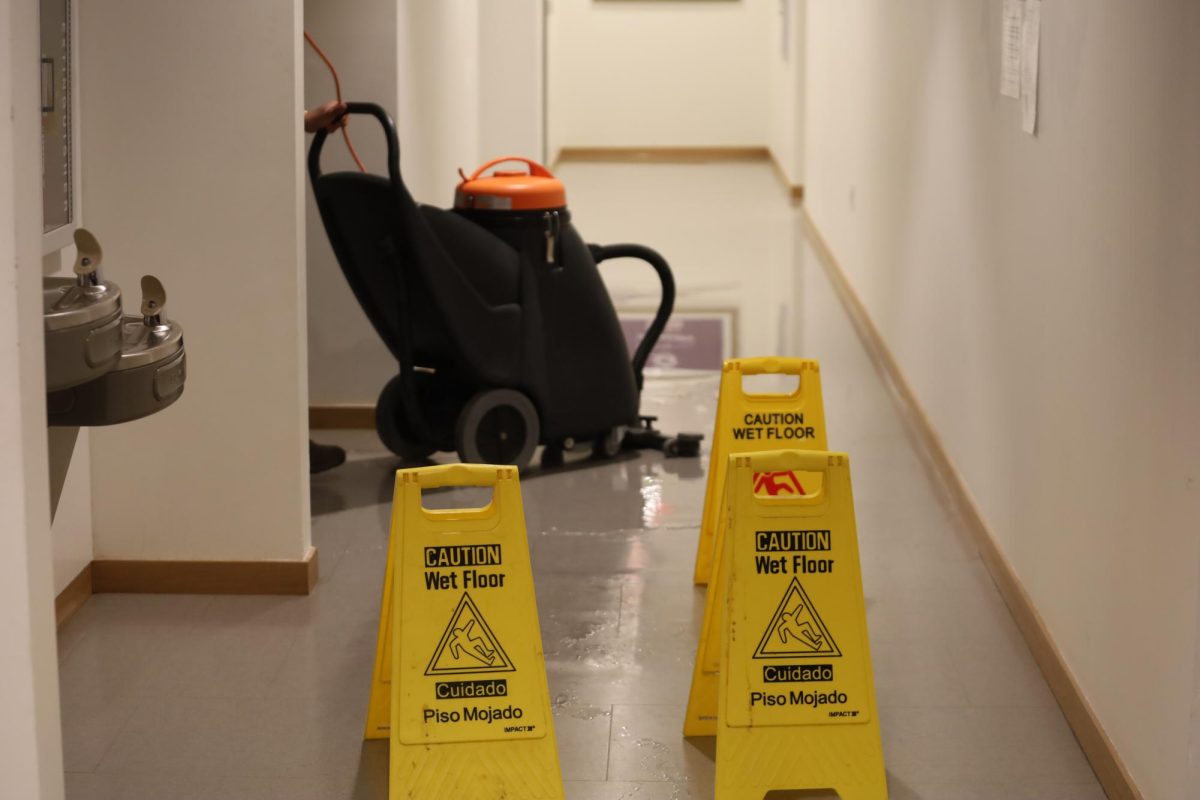During Spring Break, from March 9 to March 25, 2024, a group of Masters students visited Senegal for a cultural exchange trip with Course Sainte Marie de Hann School in Dakar. Originally planned for 2023, the trip was rescheduled due to political unrest. This change coincidentally overlapped with Ramadan, a significant part of Senegalese culture where 97.2% of the population is Muslim.
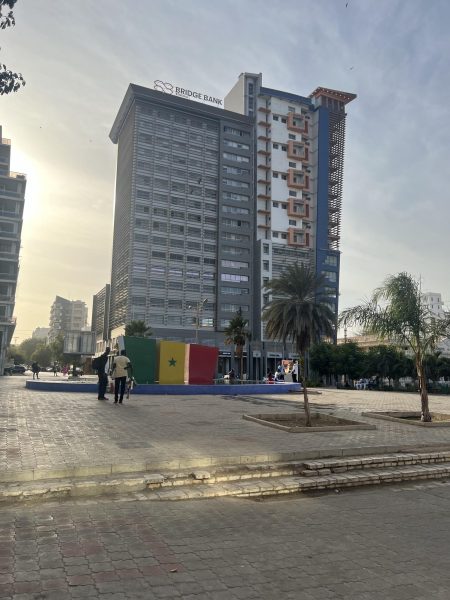
Dalapo Akinwande, a junior who participated in the trip, shared how the fasting schedule influenced daily interactions and routines. “When we had our hosts with us on the trip, most of them didn’t eat. It felt different eating when our host wasn’t.”
He added, “Some [Senegalese students] also didn’t participate on some days.”
To elaborate on some of these differences, Ndeye Fatou, a student from the Course Sainte Marie de Hann School, explained the differing dynamics during the exchange. “With the Masters students, there was only [one student] who was observing Ramadan. [The others] were eating during the day.” She continued, “Our school is a Christian school, so they’re not observing Ramadan, so there is always food available,” she stated. This arrangement ensured all students could maintain their regular schedules without any issues.
Ndeye Fatou, who observes Ramadan, also reflected on religious dynamics during Ramadan in Senegal: “We have Christians in Senegal, so when we’re fasting, they’re eating in front of us, but it does not bother me at all.”
She also emphasized inclusivity when asked whether Masters students ate alone due to fasting practices: “No, not at all, they were with us.”
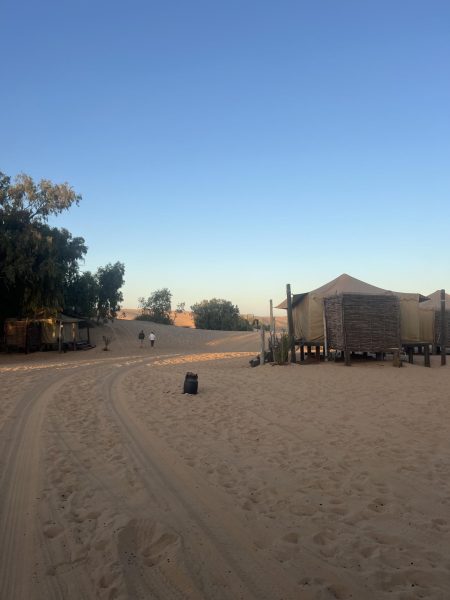
Activities throughout the trip were also scheduled to accommodate both fasting and non-fasting students. “They were doing the activities more at night, not in the day,” Fatou stated.
She added, “Some of it was intentional, like on the weekends. One activity was hide-and-seek at the mall. It was at 3:00 p.m., and we could eat around 7:00 p.m., so they planned their activities from 3 to 7 p.m.”
This thoughtful planning ensured all students – observing Ramadan or not – could fully participate without compromising their religious practices or usual routines.



